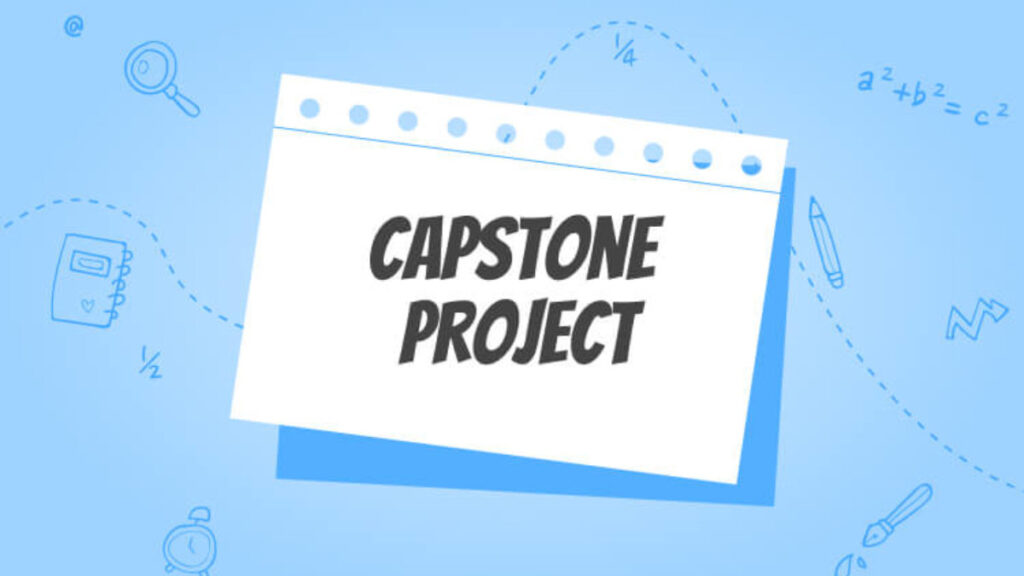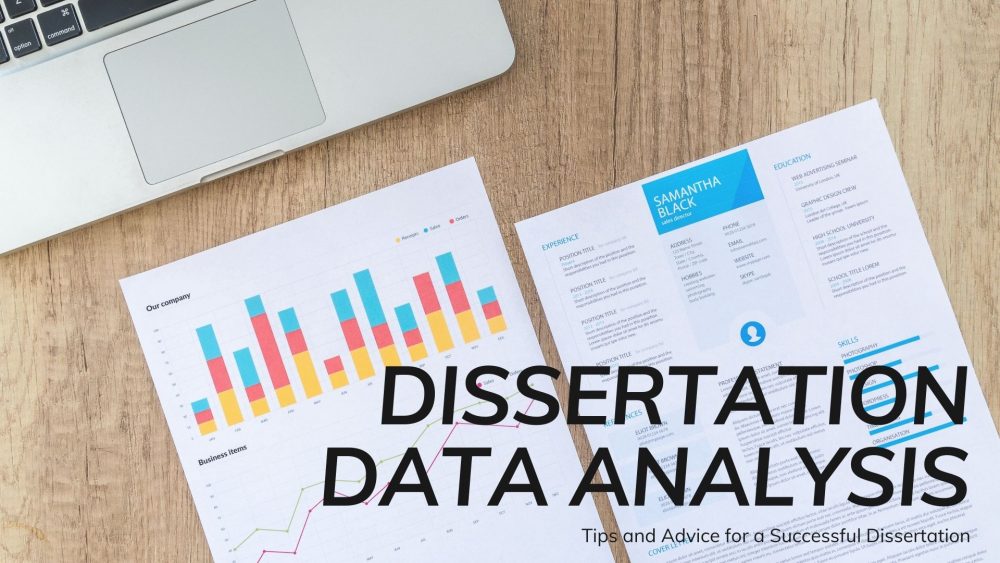Factors to Consider When Writing a Literature Review
These are our recommended tips to write a great literature review. Take a look at some of the factors to consider when writing a literature review. A literature review’s role is to discuss published information in a specific field. Writing a literature review can be challenging if you do not know how to go about it. There are several factors to consider when writing a literature review to make it compelling. After you finish writing the literature review, revise it to ensure that it is perfect. The review should present the material rather than an argument. Moreover, your sources should relate to your research problem. You should note that a literature review does not summarize one source after another. Avoid beginning each paragraph with the work’s title or author’s name. Instead, you should strive to organize the review into parts that identify themes and relevant theories. Remember that you should not list all the materials published in a subject area but synthesize them according to your dissertation’s guiding concept.
What is a Literature Review?
A literature review is a detailed description of all the relevant literature on the chosen topic to understand the field’s knowledge development. By doing this, the review offers a critical evaluation, explanation, summary, and interpretation of the existing knowledge in the field about your research question. What’s more, the literature review offers an exhaustive overview of the current knowledge on your topic and informs the reader of the author’s depth of knowledge in the area. Apart from that, it also shows how your research is significant in the field.
Analytical Features of a Literature Review
- It reinterprets existing knowledge concerning the new information, hence combining old and new materials.
- It should demonstrate a chain of progression of the information in the field.
- It should assess your sources and highlight works that are significant to your research problem.
- It should identify the gaps existing in the current literature that can be further explored. When concluding the literature review, you should provide data on research gaps.
What to Do in the Literature Review Section
- Tell the reader the outline of your research problem and extrapolate to include your primary objectives.
- Use several criteria to categorize different literature in the research’s field.
- Compare and contrast the works of different authors on the topic of interest.
- Provide a conclusion that includes an assessment of articles that have the best argument and contribute to the knowledge in the area.
Stages of Developing of Literature Review
- Formulation of the research problem: This is the most critical step of the process. In this stage, you need to develop criteria through which you will choose the literature to review.
- Searching for current and relevant literature in the field: After selecting the research problem, you should conduct thorough research to find the most appropriate literature for review. Make sure you find reliable sources that are also current.
- Literature evaluation and appraisal: You can use various methods to evaluate and appraise the literature. It will be necessary for you to reading the introduction and abstract chapters to filter and choose the literature that seems appropriate for your topic.
- Analysis and synthesis of pertinent literature: It is the final part of your literature review paper where you should read, analyze and synthesize the selected literature to show how knowledge in the field developed throughout the years. This is where you place your study within the existing field knowledge.
Things to Consider When Selecting Literature to Review
- The originality of the literature sources: The works you choose should be original and unique.
- Methodology and credibility of the works: You need to evaluate each work’s methodology and its credibility.
- The author’s objectivity: It is vital to understand the author’s objectivity as it will help you know the purpose of the author’s work.
- The persuasiveness of the arguments: Different scientific works have different toes, with some having more persuasive arguments than others.
- The significance of the works to the field: It is among the critical aspects to consider when selecting literature for review. You need to choose pieces that have significantly contributed to your topic of interest.
Points to Note When Writing a Literature Review
- A suitable topic: You need to identify an interesting topic that will make you enjoy the research and writing process. It is better to have a narrower subject area since you will limit the sources you should read. As a result, you will thoroughly survey the available materials. Ensure your topic is well-researched and many researchers have written about it so that you can get different views. It is vital to ask your supervisor the type and number of sources you should include in your paper. Your supervisor will also tell you if you need to rate the sources or critique them. Furthermore, your sources should be current. You should check current literature bibliographies and reviews in your subject area to know what is expected of you.
- Centre of the research ideas: You should organize your review around the research’s idea and not sources alone. Therefore, you should have a list of your sources and provide more details about each source. It is necessary to read widely but majorly focus on your subject area. When reading different materials, you should look at the themes and issues that connect with your research problem. Consider if they:
- Offer one or more solutions.
- There is a missing aspect in the area.
- Have well-presented materials, and they portray the theory accordingly.
- Have issues and themes that show a particular trend or create a debate.
- The target audience.
What to Anticipate When Deciding on the Factors to Consider When Writing a Literature Review
- Organization pattern: You need to please your readers by using an appealing organizational pattern. Ensure you present sufficient evidence when presenting your materials to prove your discussion’s validity. In addition to this, you should refer to numerous sources when making a point. Use quotes sparingly when writing the review. Remember that a literature review should not provide an in-depth discussion of the topic, thus unnecessary to use many quotes. It is recommended to use short quotes when emphasizing your points.
- Your voice: It is necessary to present the ideas in your voice even though you will use other authors’ views. Start and end your paragraphs with your words when incorporating references to the sources in your paper. While it is vital to paraphrase the information, you should ensure that they give the author’s accurate opinion.
Key Aspects To Consider Before Selecting Your Sources To Review
- Formulated a problem.
- Has clearly defined the issue and established its relevance.
- Could have approached the problem more effectively or from other perspectives.
- Research orientation is interpretive, combination, or critical science.
- Has a feminist, psychological, or developmental theoretical framework.
- Has evaluated literature valid to the topic.
- Was accurate and had proper measurements and data.
- Correctly and accurately analyzed data, statistics, and measurements.
- Based on their conclusions on the data collected
- Structured the argument in that you can retrace their steps to analyze the argument flow.
- How does the source contribute to your topic’s understanding, and its strengths and limitations?
- How does the piece relate to your research question?
Key Aspects To Consider Before Selecting Your Sources To Review
- Formulated a problem
- Has clearly defined the issue and established its relevance
- Could have approached the problem more effectively or from other perspectives
- Research orientation is interpretive, combination, or critical science
- Has a feminist, psychological, or developmental theoretical framework
- Has evaluated literature valid to the topic
- Was accurate and had proper measurements and data
- Correctly and accurately analyzed data, statistics, and measurements
- Based on their conclusions on the data collected
- Structured the argument in that you can retrace their steps to analyze the argument flow
- How the source contribute to your topic’s understanding, and its strengths and limitations
- How the piece relates to your research question
Contact us if you need any data analysis assistance or chapter 4 of your dissertation. We can help you conduct analysis using SPSS, STATA, Excel, NVivo, Tableau, AMOS, and other software.
Get a 15% Discount on Your First Order!

